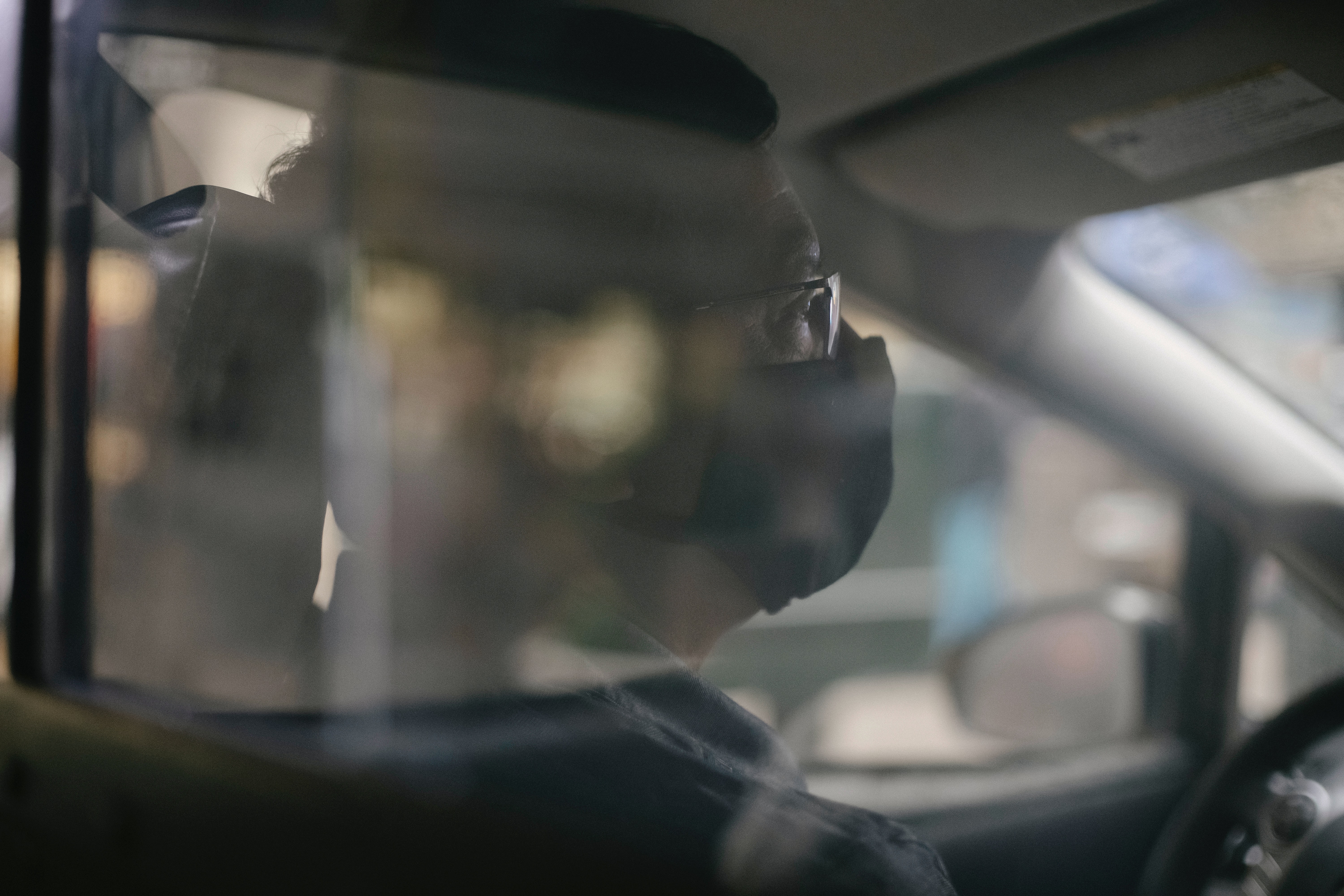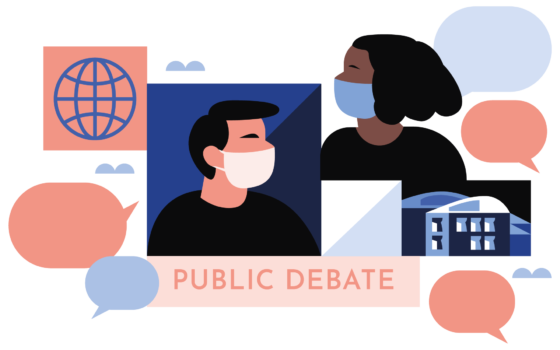If we’ve been reminded of anything about the language of political debate in the past five years, it’s surely that we pay a high price when we allow it to be a weapon in a culture war rather than the engine of rational argument. An old lesson, but one that needs to be re-learnt with regularity.
On both sides of the Atlantic — in the arguments over Brexit and through the unorthodox wildness of the Trump era — the public discourse has been corralled by a divisive vocabulary.
This hasn’t been mere sloganising, which has always been with us, but the targeted capture of words by one campaign or the other. As surely as the participant in a 17th-century religious war would know by a single phrase which side someone was on, the lines have been drawn. And the common ground laid waste.
Just think, if I dare use the word, of “sovereignty”.
In the post-Covid world, when people of goodwill try to find imaginative ways of building our way out of the social and economic wreckage, there surely has to be a premium on the language of rationality and of openness to the other point of view. Because the choices will present us with opportunities as well as daunting prospects, and exploiting them means finding a common purpose that prizes rationality and civility above ideological purity.
The trouble with too much public debate, after the Brexit vote and through the Trump years, has been that it portrays each choice as a struggle between opposites. The soon-to-be former president has pitched every argument in his life as a contest between an eventual winner and a loser, and nothing more complicated than that. But in politics, that’s no more than a scorched-earth policy. Everyone loses in the end.
If the post-Covid debate is going to provide some hope, it needs a generosity in argument and language that will let imagination flourish.
There will be plenty of that — new economic thinking, insights into how our society is best held together, radical thoughts about how the costs of the past year can be turned into a new way of talking about ourselves, and finding a way forward.
There are bound to be disputes with familiar arguments underpinning them, not least about the constitution, but surely it is going to be more difficult for political leaders of any stripe to claim some kind of ownership of the answers, and to turn them into cheap slogans of the kind that claim to clarify debate but instead make it more difficult to reach rational conclusions. I could say “compromises”, but that’s become a very dirty word. And there’s the problem.
Maybe there will be one remnant of this year that we can value.
A reminder that even when passions run high — over lockdowns, government competence (or not), the balance between personal freedom and the public good — there is room for civility and agreements that can unite people instead of dividing them.
If that happens, then we will have been reminded of an old lesson that might still help everyone to come through more strongly.




